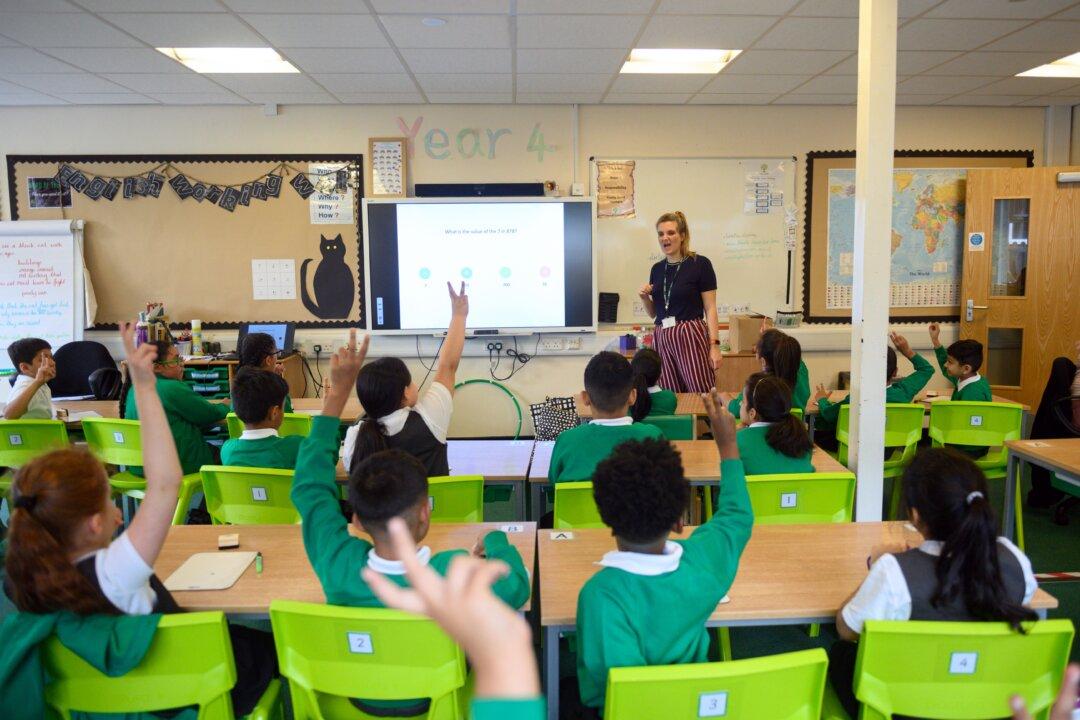Parents should be told if their child wants to change their gender pronouns at school, new NHS guidance states.
The advice for teachers states that pupils socially transitioning without the knowledge of parents or guardians can create “complex difficulties within families” and is to be avoided.





